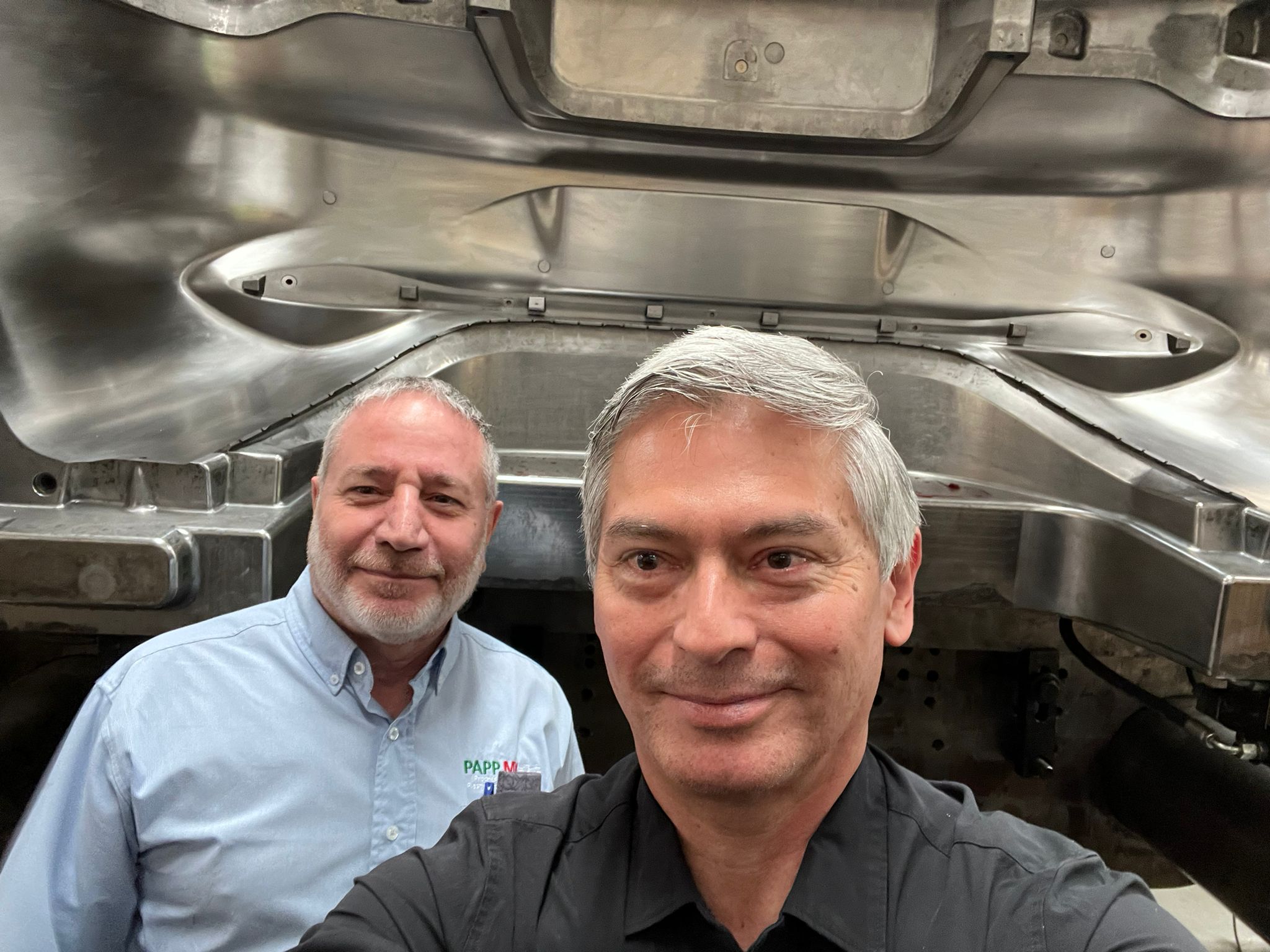BEST PRACTICES FOR SUPPLIER DEVELOPMENT AND COLLABORATION
Competitive business environment, effective supplier development and collaboration are crucial for maintaining high standards of quality, efficiency, and innovation. Implementing best practices in supplier development not only strengthens the relationship between companies and their suppliers but also drives mutual growth and success. Here, we delve into the key benefits of these best practices and how they contribute to a thriving business ecosystem.
One of the primary benefits of effective supplier development and collaboration is the improvement in product quality. When companies invest in their suppliers by sharing best practices and providing technical support, it helps ensure that the suppliers can meet or exceed quality expectations. This collaborative approach often includes joint quality audits, regular performance reviews, and continuous feedback loops. By maintaining high-quality standards throughout the supply chain, businesses can reduce defects, minimize rework, and enhance customer satisfaction.
Another significant advantage is cost reduction. Effective supplier development programs focus on improving suppliers’ manufacturing processes, implementing lean principles, and fostering a culture of continuous improvement. This often leads to more efficient production methods, reduced waste, and optimized resource utilization. As suppliers become more efficient and cost-effective, these savings can be passed on to the buying company, resulting in lower overall costs and increased competitiveness in the market.
Supplier collaboration also plays a pivotal role in driving innovation. When companies and suppliers work closely together, they can share insights, ideas, and technologies that lead to the development of new and improved products. This collaborative innovation can be achieved through joint R&D projects, co-development agreements, and regular brainstorming sessions. By leveraging the collective expertise of both parties, businesses can stay ahead of industry trends and introduce cutting-edge solutions that meet evolving market demands.
Furthermore, building strong supplier relationships fosters reliability and trust. Suppliers who feel valued and supported are more likely to prioritize the needs of the buying company, ensuring timely deliveries and consistent quality. This reliability is critical in today’s fast-paced business environment, where any disruption in the supply chain can have significant repercussions. Strong relationships also enable better risk management, as suppliers are more likely to communicate potential issues proactively, allowing for timely interventions and mitigations.
Lastly, effective supplier development and collaboration contribute to sustainability and corporate social responsibility (CSR) goals. Companies that actively engage with their suppliers to improve environmental and social practices can ensure that their entire supply chain adheres to high ethical standards. This not only enhances the company’s reputation but also appeals to socially conscious consumers and investors.
In conclusion, adopting best practices for supplier development and collaboration offers numerous benefits, including improved product quality, cost reduction, innovation, reliability, and sustainability. By fostering strong, collaborative relationships with suppliers, companies can create a resilient and efficient supply chain that drives long-term success and competitiveness.
4o

No responses yet